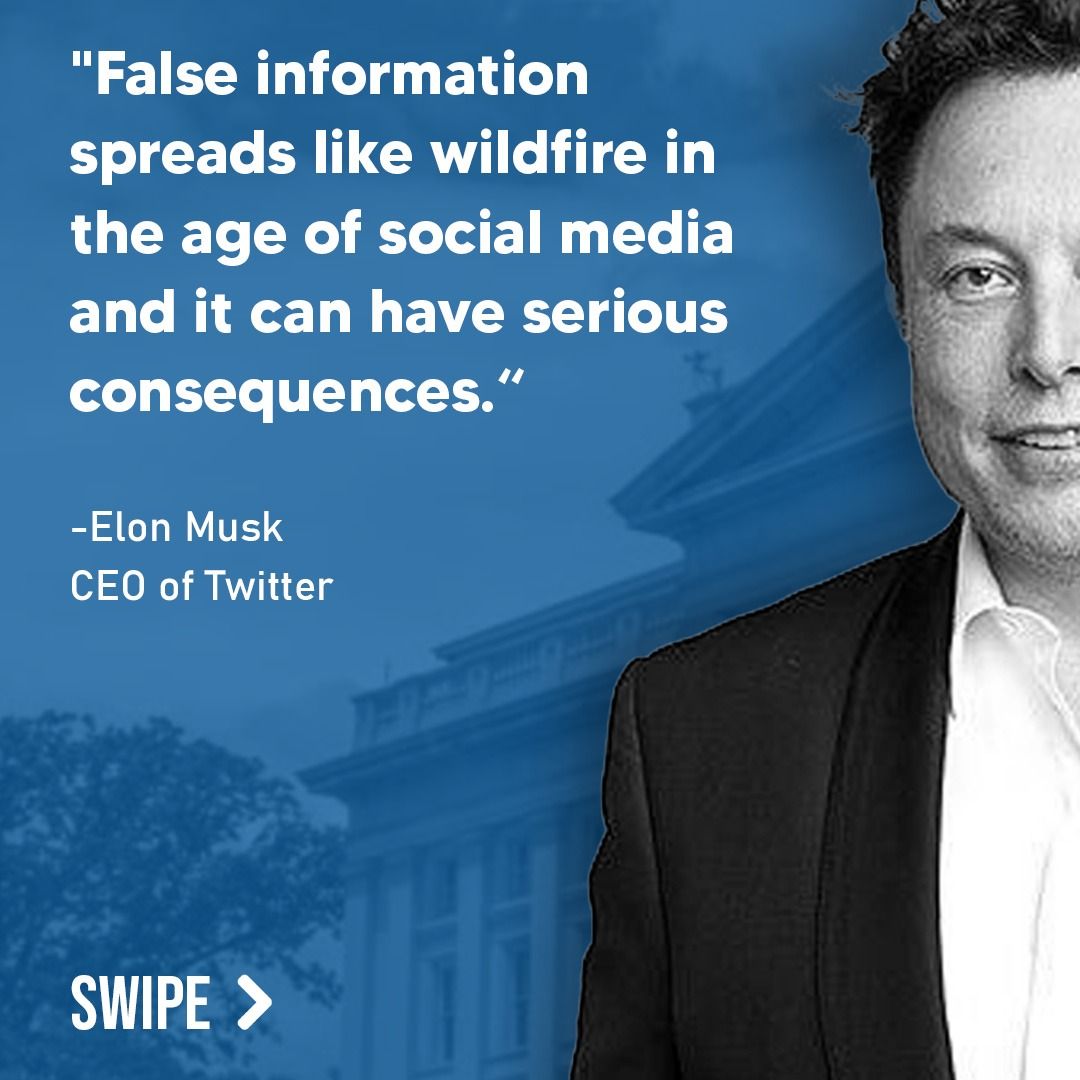
Fact Check Analysis: Trump’s Threatened Tariffs on Colombia Put Trade in Oil, Coffee and Flowers at Risk
Submitted Request: A DBUNK subscriber brought this article to our attention for verification. You can also submit your fact-checking requests for free through our app.
The article, published by The New York Times on January 26, 2025, discusses a potential trade war between the United States and Colombia, spurred by a diplomatic conflict regarding the handling of deported immigrants. It claims tariffs “would make coffee, flowers, and raw materials more expensive for Americans” and “put billions of dollars in sales for U.S. corn growers and chemical companies at risk.” While the topic is pertinent, we identified several areas where the reporting oversimplifies the issue, misleads the audience, or omits critical context, making this piece an ideal case for closer scrutiny.

The Claims and How They Hold Up to Scrutiny
Claim 1: “Colombian products make up a relatively minor share of U.S. imports.”
Analysis: This assertion is technically accurate, but the phrasing is misleading. While Colombian imports represent a small proportion of the total U.S. import market, the article fails to emphasize the significant roles that certain Colombian exports—coffee (20%) and nursery stock (over a third)—play in specific industries. Readers could conclude that these imports are negligible when, in reality, they dominate their niches. This missing context underplays the potential economic shock for businesses dependent on Colombian goods, such as florists and coffee roasters.
Claim 2: “The United States would feel some pain in a trade war.”
Analysis: This statement veers toward exaggeration by focusing on large numbers without appropriately contextualizing them. For example, U.S. exports to Colombia (corn at $1.2 billion and chemicals at $1 billion) may seem substantial in isolation, but they are dwarfed by America’s overall export economy, which is approximately $3 trillion annually. This omission skews the reader’s perception, giving undue weight to the impact of losing the Colombian market on total U.S. economic activity.

Reader Question: If Colombian products are such a ‘minor share,’ why is this even a big deal?
The article’s framing leaves this legitimate question unanswered. While Colombian imports make up a small fraction of U.S. imports overall, they are disproportionately important in niche sectors like flowers, coffee, and nursery products. U.S. businesses in these industries rely heavily on Colombian goods due to their high market share. For example, a tariff-induced rise in coffee and flower prices would disrupt pricing for consumers and harm small businesses, like independent coffee shops and florists, potentially causing layoffs or store closures. This nuance is entirely absent from the piece.
Additionally, it’s essential to consider the political context. The proposed tariffs could deteriorate diplomatic relations, as Colombia is a key trade and security partner for the U.S. in South America—an angle also underexplored in the article.
Key Findings
While generally accurate in citing data, the article contains incomplete context that skews the narrative:
- The claim about Colombian imports being a “minor share” overlooks their dominant position in certain niche markets, misleading readers about their significance.
- The U.S. export losses cited lack proportional context, inflating perceptions of their importance relative to the overall economy.
- The article omits broader geopolitical implications of a potential trade war with Colombia.

Why This Matters
Our audience knows the frustration of navigating incomplete or misleading news, and this instance is a prime example. By omitting key nuances and oversimplifying discussions about the economic and political impacts of threatened tariffs, the article risks spreading unnecessary panic or confusion. Misinformation—even by omission—erodes trust and creates room for false narratives to flourish.
To stay informed about situations like these, we encourage you to rely on DBUNK’s app, your nonpartisan companion for sorting truth from fiction in an increasingly crowded and chaotic information landscape. You can download the app soon and start cutting through the noise instantly.

